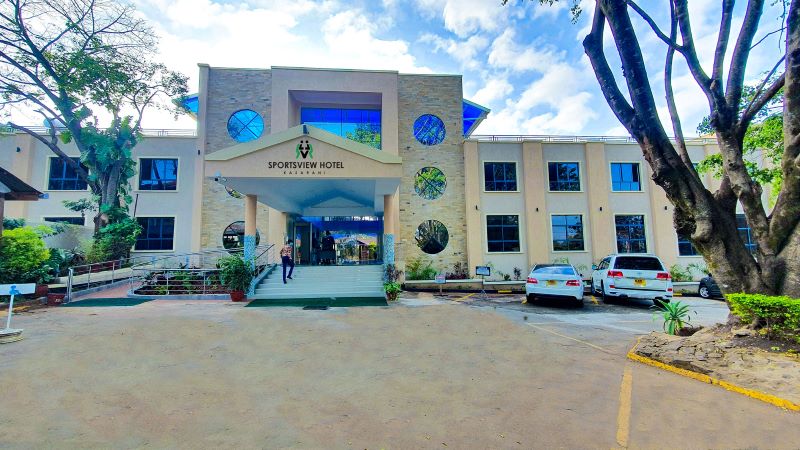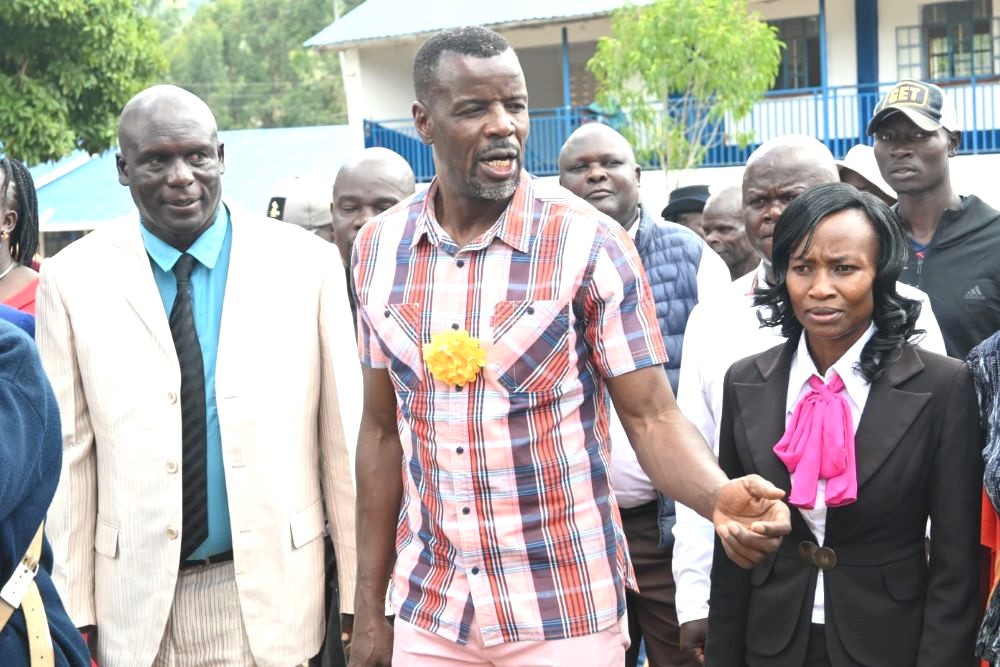Over 4,000 head teachers from Nyanza Region who convened at Migori Stadium for the 21st Kenya Primary School Head teachers Association (KEPSHA) Annual General Meeting and Conference, have demanded promotion, better infrastructure and timely capitation from TSC.
During the opening session, KEPSHA Nyanza Region Chairman Elly Ondiek passionately appealed to the Teachers Service Commission (TSC) to prioritise the long-overdue promotions of head teachers across the region.
infrastructure
“Nearly 90 per cent of head teachers are still stuck in Job Group C5 despite the tremendous workload they carry at both the primary and junior secondary school levels, we’re asking to be moved to D1 to reflect the responsibilities we shoulder,” said Ondiek.
KEPSHA Nyanza chair also urged the Ministry of Education to stabilise the National Education Management Information System (NEMIS) to improve efficiency in data management and service delivery.
“Most heads have had challenges uploading learner data on NEMIS. A more stable and responsive system would ease our administrative tasks and help enhance the overall education system,” he stated.
In addition, Ondiek called for aligning school funds with proper vote heads and a clear guide on utilization to ensure effective budgeting and transparency.
He expressed concern that without such guidelines, head teachers often face hurdles in funds absorption and accountability.
The regional chair also used the platform to address pressing infrastructure issues affecting schools, especially during the rainy season.
“Some schools break for one or two weeks while others continue learning because of impassable roads,” he lamented. “We request county governments to maintain roads leading to schools to prevent such disruptions.”
Ondiek further appealed to county leadership to ensure latrines and water tanks are also provided when constructing ECD classrooms, especially in marginalised areas, noting that water scarcity in some schools puts learners at a disadvantage.
“ECD learners need water more than Grade 9 students. Without water in schools, our children face health and sanitation challenges,” he said.
He also emphasised the importance of ensuring electricity connectivity in all schools, noting that some still lack a power source, which impedes learning and digital literacy.
The conference was officially opened by Migori Governor Dr. Ochilo Ayacko, who affirmed his administration’s support for the education sector.
He outlined some of the county’s recent investments, including the construction of 140 ECD classrooms, the recruitment of 25 ECD teachers, and a plan to raise ECD teacher allowances from Kshs 800 to Kshs 3,000.
“We’re committed to expanding access roads to schools and improving the teaching environment despite budgetary constraints,” said Dr. Ayacko.
He also called on the national government to recognize teachers’ critical role by improving their pay and working conditions.
Migori County KEPSHA Chairperson David Okelo also noted that the conference discussions centred on education professionalism and institutional management, empowering head teachers with insights to better manage their schools.
However, Okelo echoed concerns over capitation delays, terming them a persistent problem that hampers school operations.
His concerns were echoed by Hussein Abraham, a head teacher from Homa Bay County, who cited both teacher shortages in junior secondary schools and delayed capitation disbursement as major setbacks.
“We’re supposed to receive 50 per cent of capitation in the first tranche, but so far, only 20 per cent has reached schools,” said Hussein. “This delay derails our school projects and basic operations.”
The week-long event, which runs until April 16, brought together school heads from Kisumu, Siaya, Homa Bay, Migori, Kisii, and Nyamira, offering a space to tackle shared challenges, celebrate achievements, and chart a new course for leadership in basic education.
By Polycarp Ochieng.
You can also follow our social media pages on Twitter: Education News KE and Facebook: Education News Newspaper for timely updates.
>>> Click here to stay up-to-date with trending regional stories
>>> Click here to read more informed opinions on the country’s education landscape






